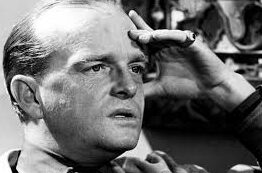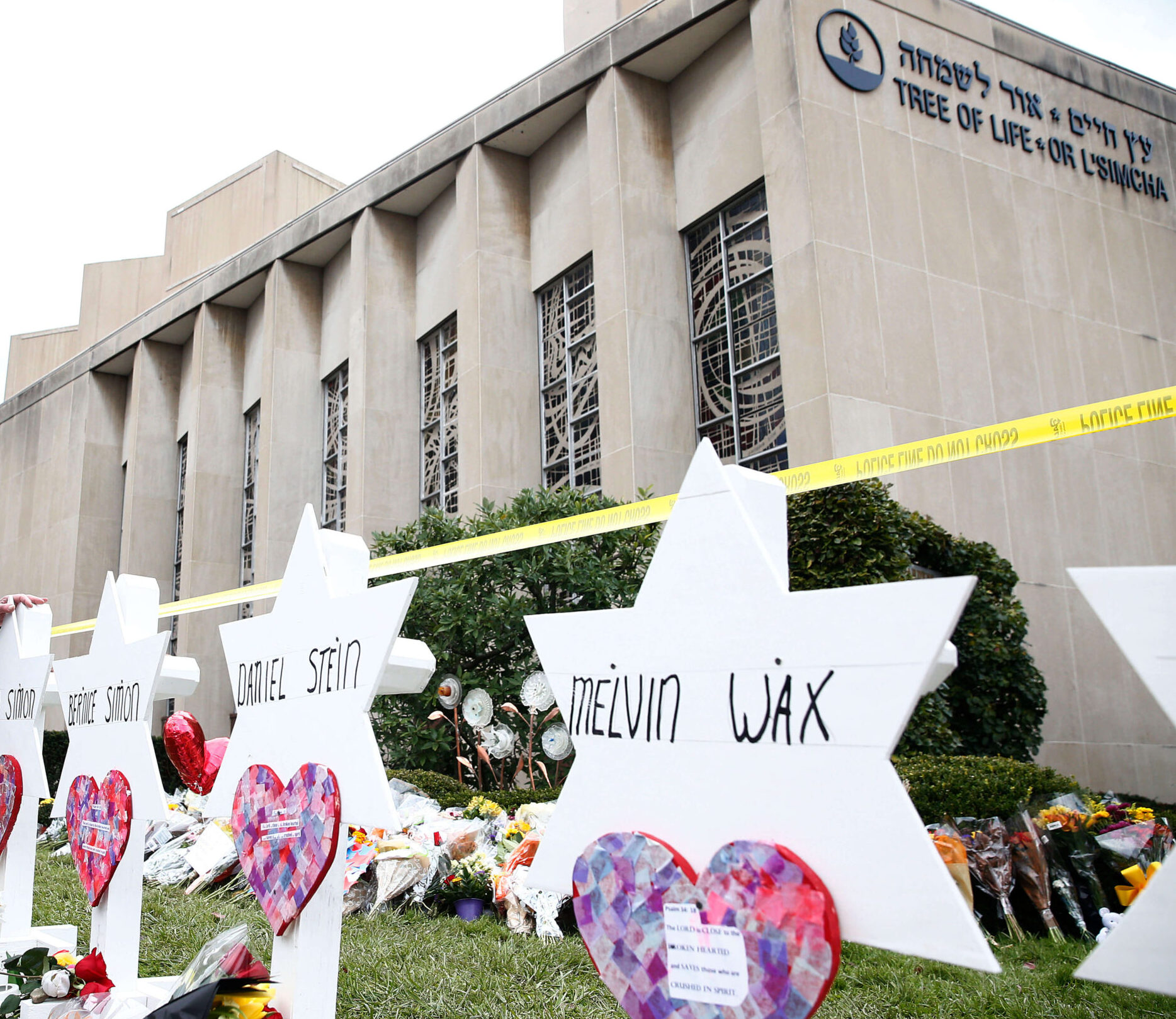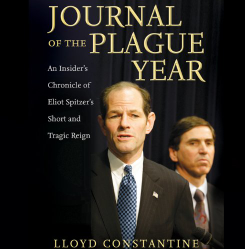Not completely, but there’s been virtually no public debate or opposition voiced about the United States seeking the death penalty for the now convicted mass murderer in the 2018 Tree of Life massacre. Public discussion has focused on the imminent penalty phase as the more important proceeding, with a verdict for the death penalty the overwhelmingly hoped for outcome. Similar to what occurred in the Marjory Stoneman Douglas High School Massacre, where the single juror holdout against the death penalty spared the murderer from execution. That juror was widely treated as someone who had lied during the voir dire about having an open mind.
 That may not raise Gen Z and Millennial eyebrows, but to Gen Xers and liberal Boomers like HL this is depressing and another sign that despite the arc of the moral universe bending toward justice, America has regressed in important aspects of its ethical and moral consciousness.
That may not raise Gen Z and Millennial eyebrows, but to Gen Xers and liberal Boomers like HL this is depressing and another sign that despite the arc of the moral universe bending toward justice, America has regressed in important aspects of its ethical and moral consciousness.
I am Jewish, have dear friends from the wonderful Squirrel Hill Jewish community in Pittsburgh and would like to believe that given the chance I would have had the courage to risk death that day to kill the murderer myself. But that is very different than the United States, The People, deciding to kill this or any murderer “In Cold Blood”. It’s lost on most in the aforementioned younger generations, even those among them that have read Capote’s monumental non-fiction novel, that the title refers not only to the way two men killed four Kansas farmers on November 15, 1959, but what The People of Kansas did to the convicted murderers on April 14, 1965, after three unsuccessful appeals to SCOTUS, none disputing the fact of the killings.

Truman Capote
One day in law school, 50 plus years back, our criminal law professor, Herbert Wechsler told the class he had worked 40 plus years to abolish the death penalty. That left an impression. That day, not that he was right, than that legal causes existed worth that type of persistence and fidelity. And I started thinking about the issue. Soon after, SCOTUS declared all then existing death penalties unconstitutional in Furman v. Georgia. The long pendency of Furman and the time taken by state and federal governments to adjust their laws to that ruling resulted in no executions in America from June 2, 1967 to January 17, 1977, when Utah executed a murderer, whose crime and punishment was chronicled in another novel, The Executioner’s Song. The book won the Pulitzer, less a measure of the quality of Norman Mailer’s writing there than of how big and heated was debate over the death penalty and its resumption after a decade in which the world kept turning and the beat went on.

Norman Mailer
During and after that I continued to think and study the pros and cons of the death penalty, and decided to oppose the penalty in all cases, to vote consistent with that position and to do whatever I could while in public service to advance it. Decades later I still think carefully about the lives lost in Squirrel Hill, the Murrah Federal Office Building in Oklahoma City, Marjory Stoneman Douglas High School, the Tops Friendly Market in Buffalo and in many other massacres where the murderer(s) live to face American justice. I think hard and prayerfully about the immense pain experienced by families and friends when murderers of their loved ones are spared execution to live out their lives. And I think equally hard about the brutalization we all experience when a life no longer threatening ours is extinguished in our names. When the government pursues a killing in cold blood on our behalf.
Being Jewish I am not endowed with “certitude” of the kind some other religionists say they possess. Not that I am right nor even that either side of this debate is right. I assign that perfect knowledge only to God, much like the Shakers. But I’m damn certain that serious discussion of the death penalty in America needs resuscitation and resurrection.



I agree with you 100%. The death penalty, in which the state forcibly takes the life of someone who poses no risk to public safety at the time of execution, is anathema to any notion of human rights. Moreover, given that the cost of administering capital punishment is more expensive than life in prison and has been proven to have no deterrent effect (the only data shows that violent crime falls when capital punishment is abolished), there is no basis other than vengeance to justify its continued use. And, as you note, vengeance is a private act and not something for the state to undertake in all our names.
I once was part of a team representing a man on death row in Mississippi. At trial, he was represented by a rookie lawyer and an alcoholic. The facts were that two white men robbed and murdered a third white man. The man found to have used a concrete block to administer the fatal blow, received life in prison. Our client received the death penalty because he allegedly held the victim (he said he was trying to break up the fight; the man who administered the blow said he was holding the victim) and the jury found he had moved the victim’s wallet and thus qualified for the death penalty under felony murder law. He was sentenced to death under a statute the Supreme Court subsequently held (in Enmund) was unconstitutional for not requiring the right jury instructions. The Supreme Court remanded. The Mississippi Supreme Court changed the sentence to life. A former New York Federal judge at the our firm said that in NY the case would have been manslaughter at best. This is an example of how in our country so much depends on where the crime is committed and the mores of that location and the quality of representation. The reversal of Roe v. Wade and the confounding belief of at least some on the Supreme Court that John Marshall and Abe Lincoln somehow got the Constitution wrong and that it was made by states, not the people, lead us ever faster to a Balkanized legal picture. Hrumph.
Debate on the death penalty is overdue as is debate on the punishment/rehabilitation goals of prison sentences, not to mention the condition of so many prisons that evoke the Middle Ages at best.
Lloyd, I agree 100%. Vengeance, as you note, is personal and the law should alway be dispassionate. Setting aside the inherent biases involved in prosecuting any crime, the death penalty is more expensive to administer and does nothing to deter violent crime. If all criminal defendants had to use public defenders, the death penalty would have been abolished long ago.